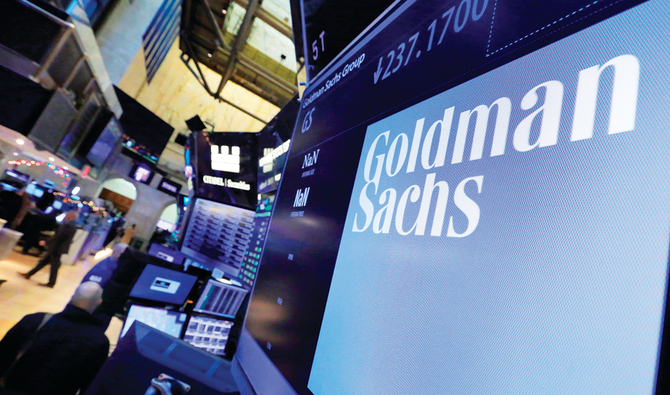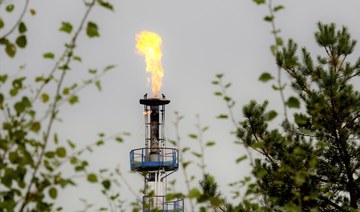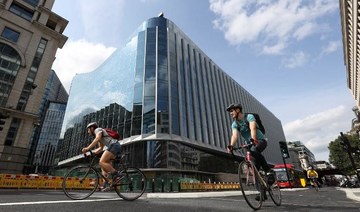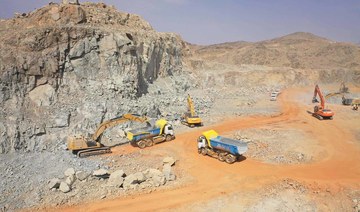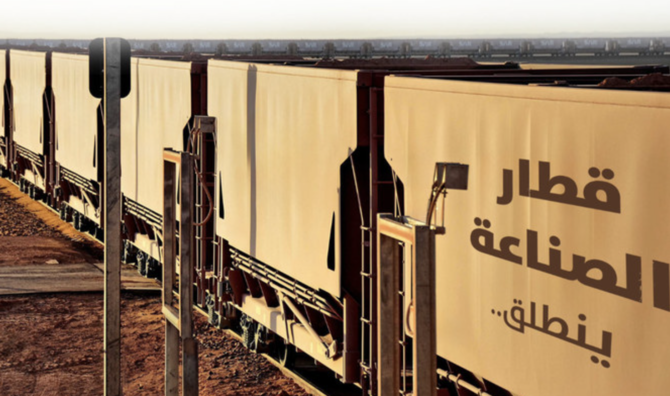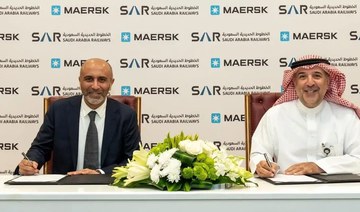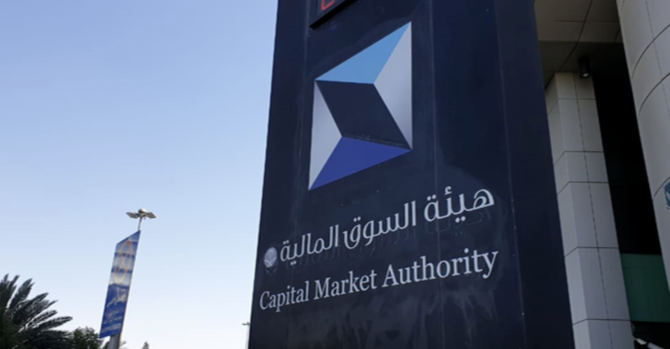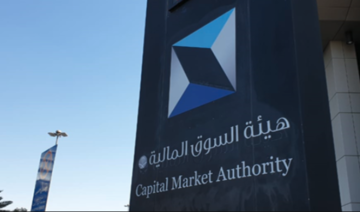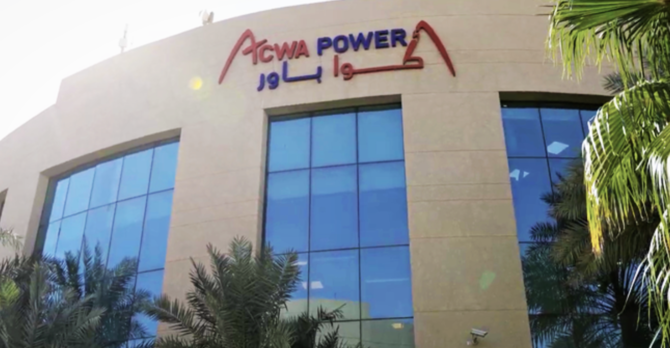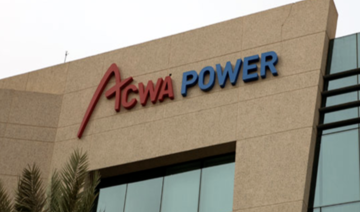NEW YORK: Goldman Sachs on Wednesday posted its best quarterly performance in a decade by some measures, as trading has moved back into the limelight and its lack of a big consumer business has switched from a curse to a blessing.
The Wall Street bank posted a quarterly return on equity of 17.5 percent, its highest since 2010. Investors closely track that figure because it shows how well a bank uses shareholder money to produce profits.
Goldman also boasted record earnings per share, beating analyst expectations by a wide margin. Its performance was driven in large part by a 29 percent jump in trading revenue, as clients responded to news about the coronavirus pandemic by shifting their portfolios.
While rivals including JPMorgan Chase & Co. have also benefited from the markets boom this year, they are far more exposed to vulnerable consumers and businesses suffering from unemployment and pandemic lockdowns. Goldman’s consumer bank is relatively tiny.
“Simply stunning results,” Credit Suisse analyst Susan Roth Katzke said in a report.
Goldman’s shares rose 0.6 percent in early trading as shares of other big lenders fell.
In the years leading up to the pandemic, Goldman’s heavy exposure to trading and lack of exposure to traditional lending was viewed as a problem. The bank is in the middle of a business-model revamp orchestrated by Chief Executive David Solomon that includes building out its consumer bank, called Marcus, and adding services such as retail wealth management.
Analysts say that is the right strategy for the long term, but for now, Goldman’s business mix is just right.
Its $4.6 billion in quarterly trading revenue jumped 29 percent compared with the year-ago period, a bigger increase than other Wall Street banks. The business accounted for 42 percent of Goldman’s overall revenue, while consumer and wealth management represented 14 percent.
In a statement, Solomon said that Goldman has notched up market share gains that will help during the post-pandemic recovery.
The bank set aside $278 million to cover loans that go bad, bringing its year-to-date total credit provisions to $2.8 billion. By comparison, traditional rivals JPMorgan, Bank of America Corp. and Citigroup Inc. have set aside anywhere from $10 billion to 20 billion this year.
Goldman’s investment banking business also benefited from several high-profile IPOs including Snowflake, Rocket Companies and Dun & Bradstreet during the quarter.
Its backlog of upcoming deals has “increased significantly,” Chief Financial Officer Stephen Scherr said, suggesting future quarters will also have robust fees.
The bank’s overall profit nearly doubled to $3.5 billion from $1.8 billion a year ago. Earnings per share were a record $9.68, up from $4.79 a year earlier.
Analysts had expected a profit of $5.57 per share, on average, according to the IBES estimate from Refinitiv.
Revenue rose at all four of its business units, with total revenue up 30 pecrent to $10.8 billion. That was above the $9.5 billion consensus estimate.
“Goldman remains one of our favorite stocks,” Oppenheimer analyst Chris Kotowski said. “Its loan portfolio is small and of very high quality compared to those of other large bank holding companies. It has minimal exposure to credit cards and small business, which we see as the biggest COVID-19 risks. But it has upside leverage to more active capital markets.”



